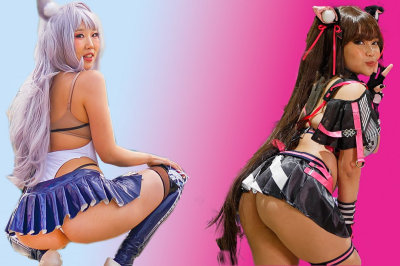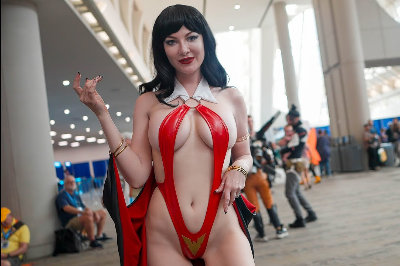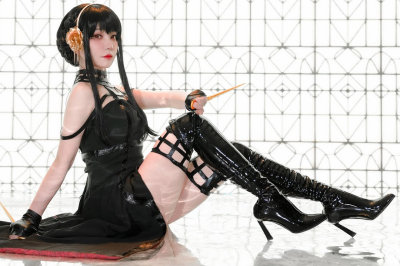BOMBÓN aka EL PERRO - Q&A with Carlos Sorin
Movie interview by Ania Kalinowska
There are many Argentinean movies with innocent overtones, mostly focussing on personal experiences and daily life of normal people. Are the stories told in these films a realistic reflection of the average Argentinean life?
Yes. This way of looking at things and at cinema is related to the crisis that Argentina has suffered, and even perhaps with people's dreams and hopes. It would be impossible to make big effects movies or fantasies mainly due to the economic constraints and narrative reasons, which make that type of moviemaking unrealistic.
One of your previous films, A KING AND HIS MOVIE, is based on your personal experience. Obviously BOMBÓN is not autobiographical in the same way, but does it also have a personal story attached to it?
No, it might reflect some unconscious alter ego of mine - you inevitably do talk about yourself in your movies - but it is not conscious, like in the case of KING.
What did inspire the movie?
It's difficult to know where a story comes from. I wanted to tell the story of an unemployed man: this subject, which has grown unbelievably in the last seven years, is a relatively new phenomenon in Argentina. You see it in the streets unlike before. There are queues for food and begging for charity, so many people, which we call "Cardboard Men" that go through the rubbish and sell the recyclable stuff to those who have commercialised recycling. It's partly a product of the crisis and the political policies of the country, and you cannot be insensitive to that. Unemployment is not a statistic, it's a reality. At the same time, I wanted to put humorous aspects into the film, which is where the dog comes in. It is in total a mix between dramatic themes and a humorous point of view.
So is that the message that you (from a director's position) wanted to convey?
In part, yes, but as a director I was more concerned with an efficient narrative that works. My constant motivation is how and where to tell the story. Different people will perceive a different message from the movie but for me, telling the story was the most important.
One cannot help but notice the striking use of colour; does this have a symbolic value or is it for aesthetic reasons alone?
I think it gives the film a certain quality. My tendency was to emphasise a realistic point of view, which gives a raw element, almost like in a documentary. There is a design behind everything but it is put together in a way that so that this design is not meant to be noticed. This creates the feeling that you are watching something as it really happens.
In BOMBÓN, as in most of your other films, there is a great deal of travelling. Is there a reason for your clear preference for road movies?
My greatest passion in life (perhaps even more than making movies) is cars and driving. I love travelling, especially on the road. There are many twists and turns and surprises. There is something magical about it and I transpose this to my films, which then become a real journey.
Plans for the future?
After many different ideas (which I couldn't tolerate after a short period of time) I have one which has managed to stick around for longer than three days; I plan to turn it into a project and will probably start shooting at the end of this year, hoping to finish around the middle of 2006.



